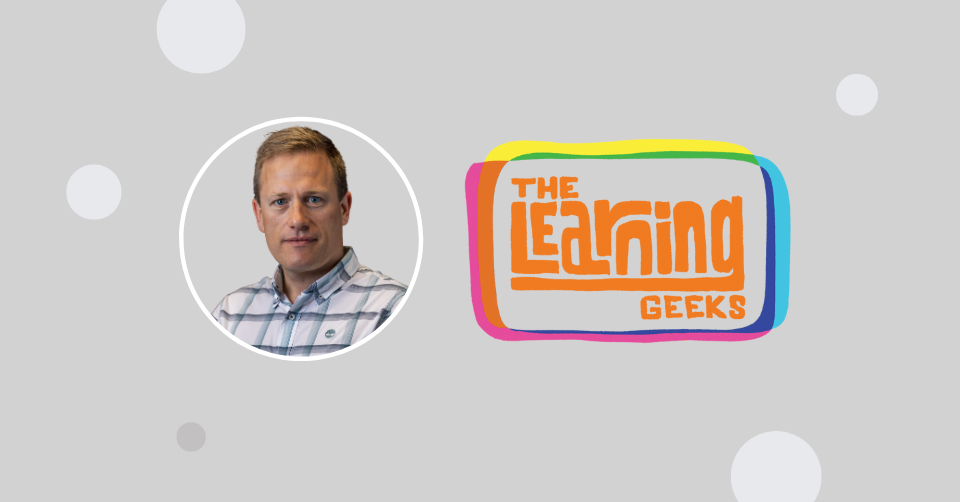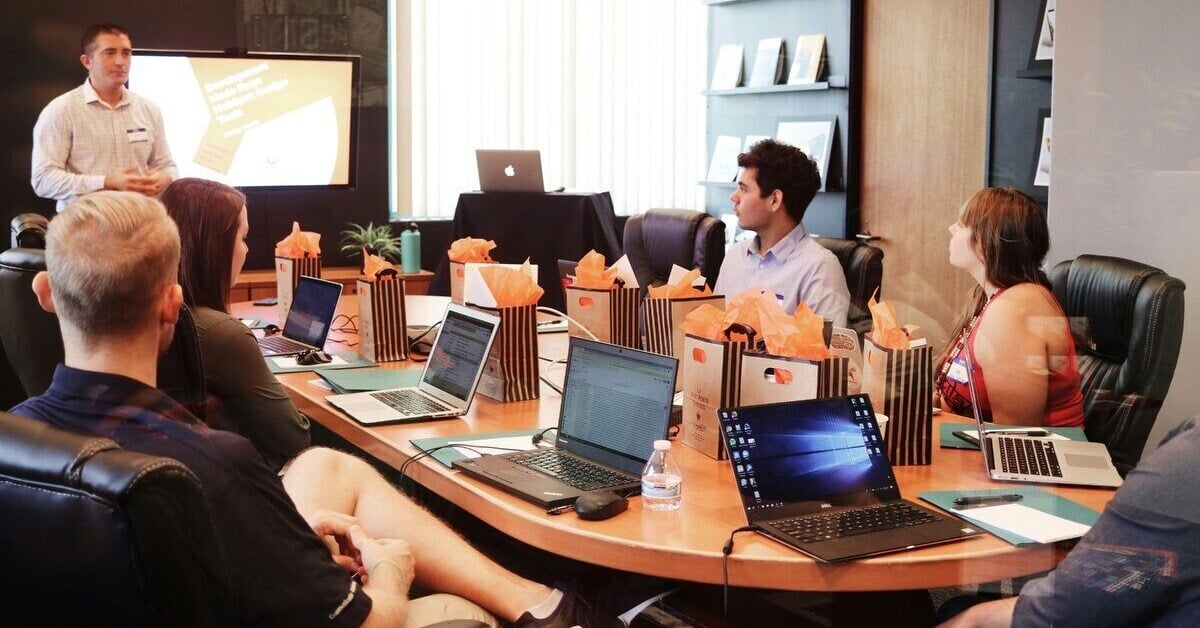
The Learning Geeks podcast: Data-driven immersive learning for soft skill verification
Declan Dagger, co-founder of ETU, recently joined the Learning Geeks podcast to chat about immersive learning data with Jake Gittleston, Bob Gerard, and Alan Koch.
As a Learning Geeks guest, Declan shared insights from his applied research in the field of educational psychology, soft skills verification, and experiential learning. Declan shared what it takes to design data-driven simulations, including how to break down skills and codify them to identify the characteristics, attributes, levels, and performance context you want to assess.
The Geeks also discussed tips on how to influence stakeholders and clients to use data-driven immersive learning vs. traditional modalities often used for soft-skill training. Highlights of their conversation follow below.
Introduction
Declan joined the conversation wanting to talk about his applied research in experiential learning as well as some of the learn-by-doing experiences he's recently enjoyed while playing golf and cycling.
Some of Declan's earliest exposure within personalized learning was in the medical field. He studied soft skills and how they were applied in doctor-patient communication. Simulation learning allowed doctors to practice delivering bad news, being empathetic, and listening.
Data-driven learning
Declan went on to talk about being data driven, how find the right data and how to leverage it. The best place to find data is when it's embedded within the learning process. It's important to consider what skills data is important, by defining the skill and the context. Declan considered taking a skill and breaking it down to something to codify -- using communication skills as an example. The Geeks asked for advice from Declan on how to sell the idea of measuring at the beginning to identify gaps and along the way.
How to define immersive experience
The discussion continued with talk about immersive learning, and how to define it. Declan said we sometimes use immersion as a catalyst to open up learning or the objection. WIth immersion, there is an fidelity curve beyond which the realism investment is not higher yield. So, when we say "immersive", we're not talking about VR or in-person role plays. Learners can experience immersion by being put in the driver's seat in realistic online scenarios.
Building and measuring soft skills
The Learning Geeks asked if sometimes learners perform poorly in a simulation on soft skills, and then feel like they shouldn't have performed badly -- they feel like they are expected to be naturally good at soft skills. They asked for Declan's advice on what to do in that situation.
Declan explained that it's possible ring it back to performance coaching or athletic coaching. Some people might approach soft skills with an "unconscious incompetence" (meaning, you don't know what you can't do). By engaging in a simulation with feedback and coaching, the learner is able to receive information that makes them more skilled in their approach on their next attempt.

